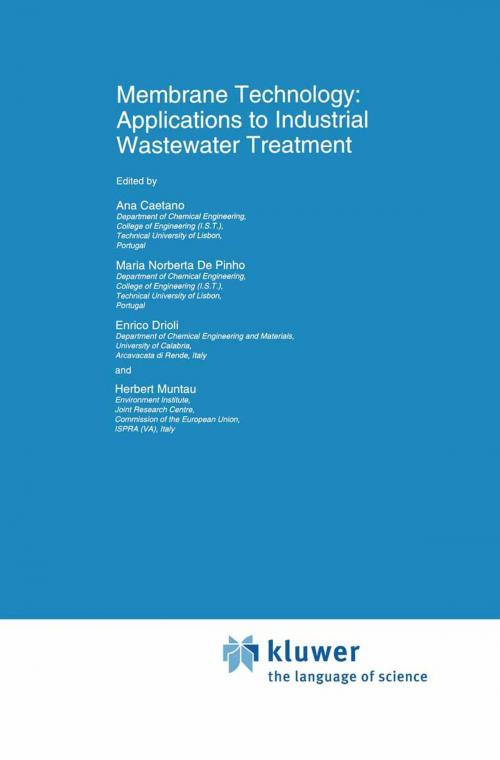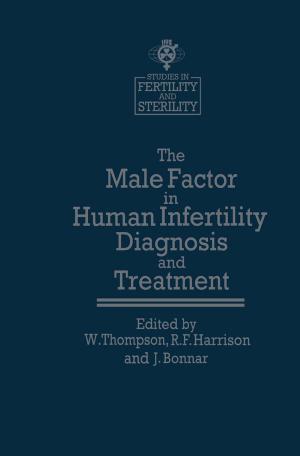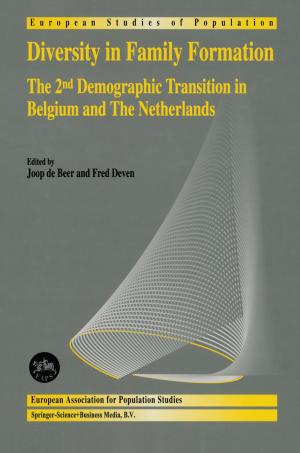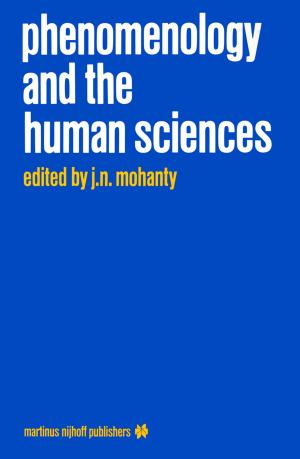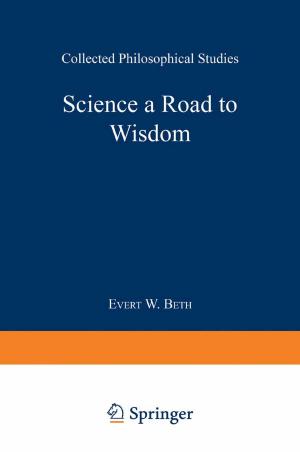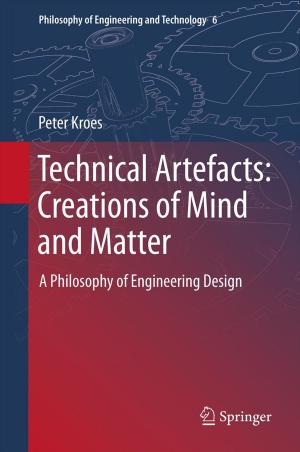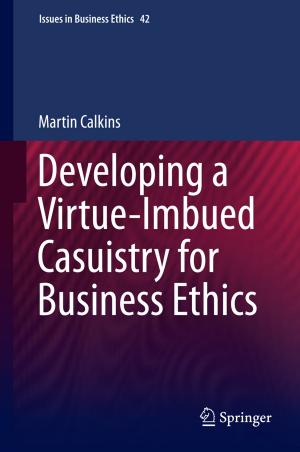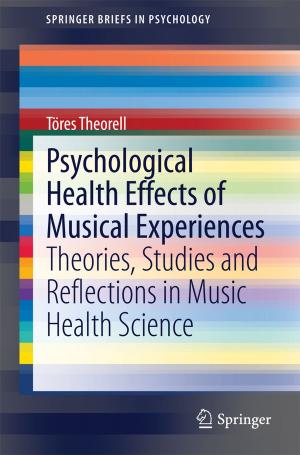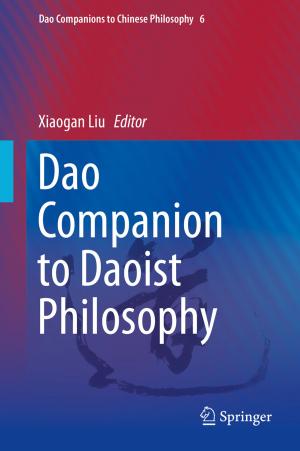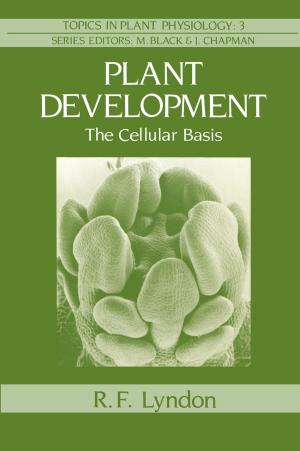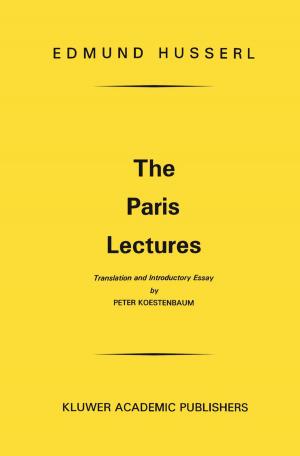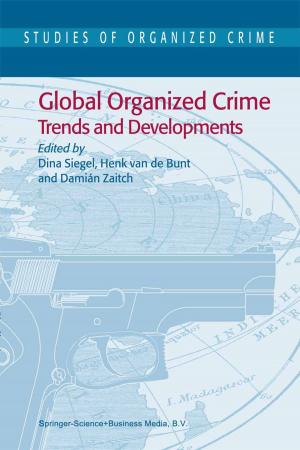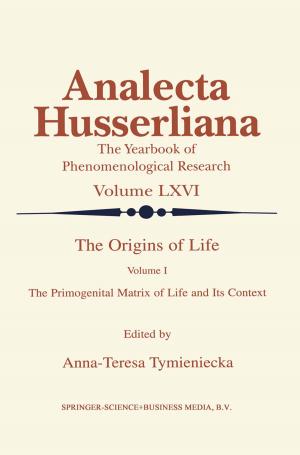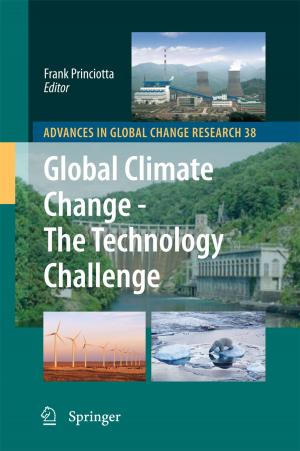Membrane Technology: Applications to Industrial Wastewater Treatment
Nonfiction, Science & Nature, Technology, Textiles & Polymers, Science, Biological Sciences, Environmental Science| Author: | ISBN: | 9789401102117 | |
| Publisher: | Springer Netherlands | Publication: | December 6, 2012 |
| Imprint: | Springer | Language: | English |
| Author: | |
| ISBN: | 9789401102117 |
| Publisher: | Springer Netherlands |
| Publication: | December 6, 2012 |
| Imprint: | Springer |
| Language: | English |
This publication presents the lectures given at the course on Advanced Separation Technology for Industrial Waste Minimization: Environmental and Analytical Aspects (13-15 October, 1992, Ispra, Italy) organized jointly by the Technical University of Lisbon, University of Calabria and the Environment Institute of the Joint Research Centre of the Commission of the European Communities at Ispra. This course is integrated in a programme for education and training in Advanced Separation Technology for Industrial Waste Minimization supported by the Community Action Programme for Education and Training for Technology (COMETT II). The lecture material is based on case studies of importance to textile, tanneries, pulp and paper, metal finishing and electroplating, food, and other industries. Environmental regulations have lead industrial engineers to search for more efficient, less energy consuming and less waste producing processes. Membrane-based separation processes contributed to recover water, raw materials and energy and to achieve simultaneously pollution control. Along this book emphasis will be given to this fast growing area of process technology.
This publication presents the lectures given at the course on Advanced Separation Technology for Industrial Waste Minimization: Environmental and Analytical Aspects (13-15 October, 1992, Ispra, Italy) organized jointly by the Technical University of Lisbon, University of Calabria and the Environment Institute of the Joint Research Centre of the Commission of the European Communities at Ispra. This course is integrated in a programme for education and training in Advanced Separation Technology for Industrial Waste Minimization supported by the Community Action Programme for Education and Training for Technology (COMETT II). The lecture material is based on case studies of importance to textile, tanneries, pulp and paper, metal finishing and electroplating, food, and other industries. Environmental regulations have lead industrial engineers to search for more efficient, less energy consuming and less waste producing processes. Membrane-based separation processes contributed to recover water, raw materials and energy and to achieve simultaneously pollution control. Along this book emphasis will be given to this fast growing area of process technology.
